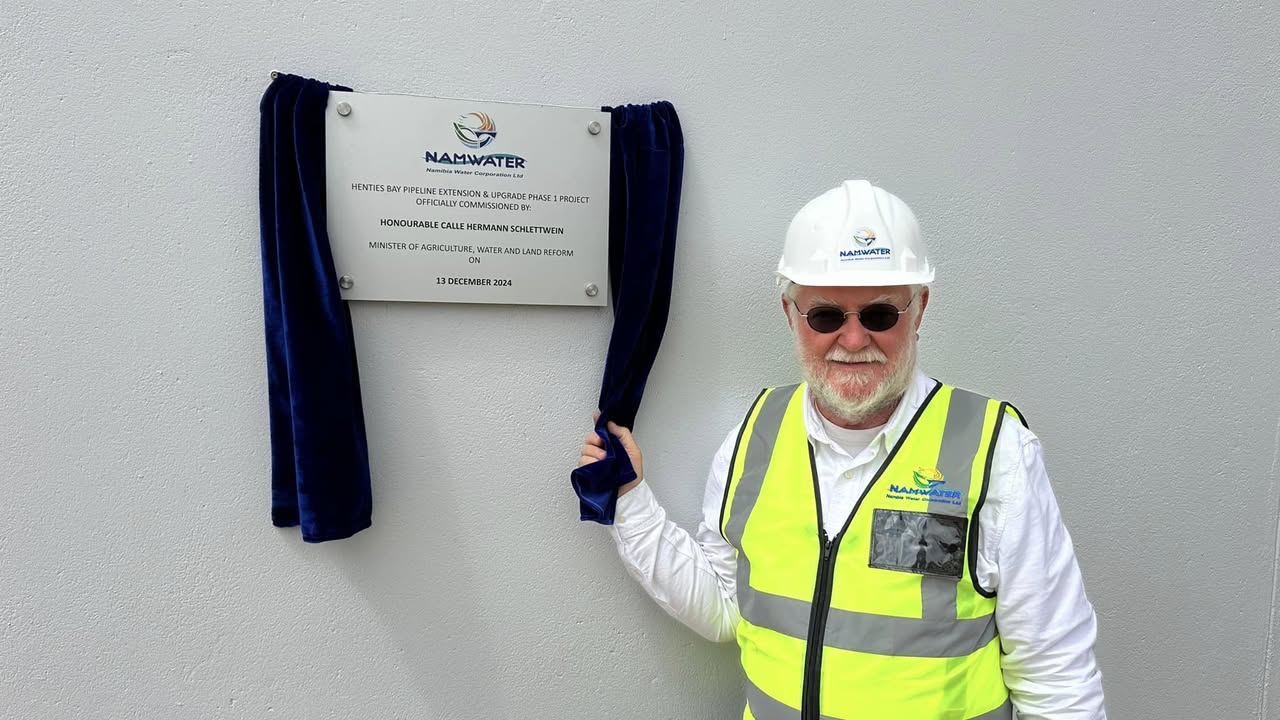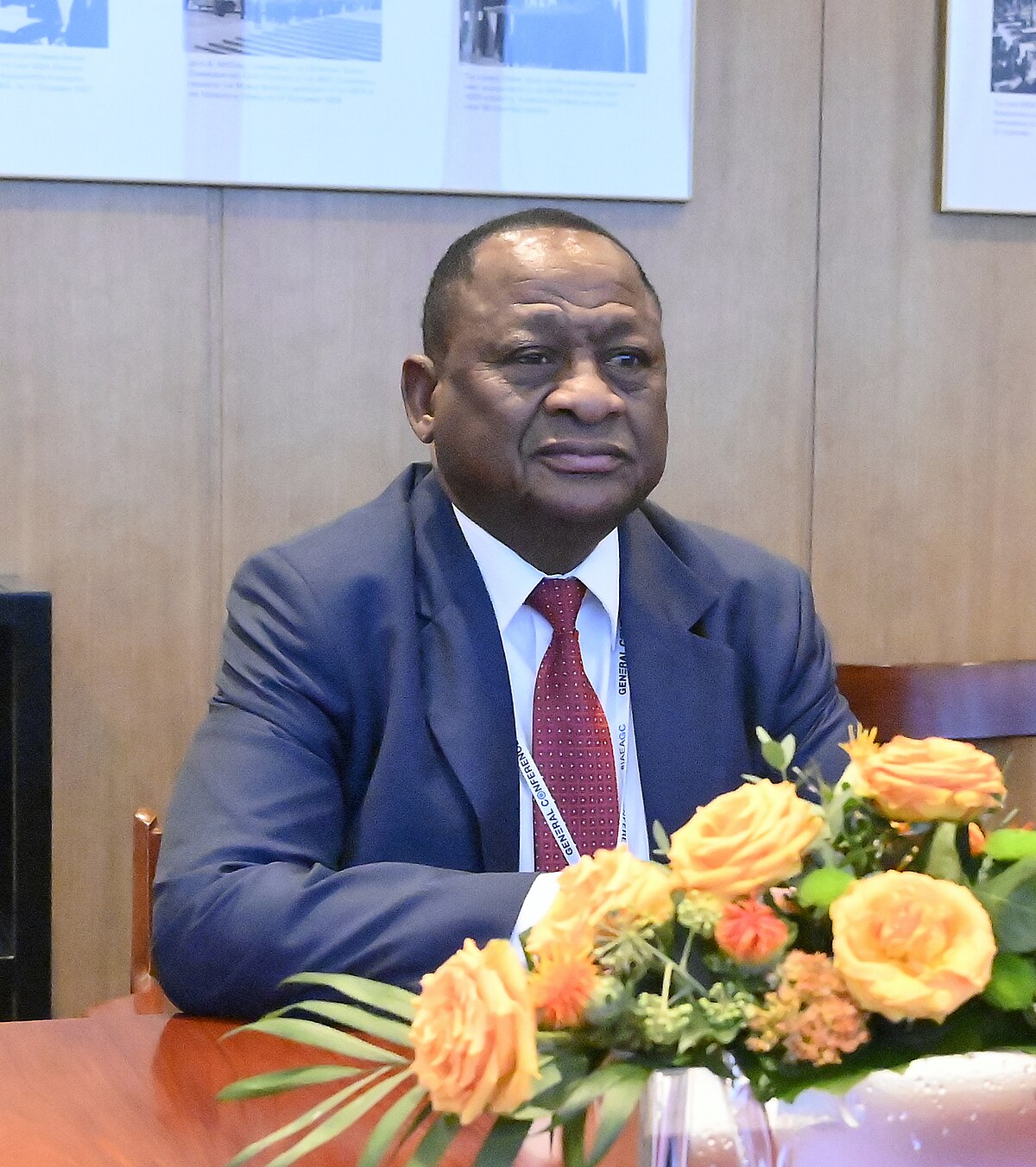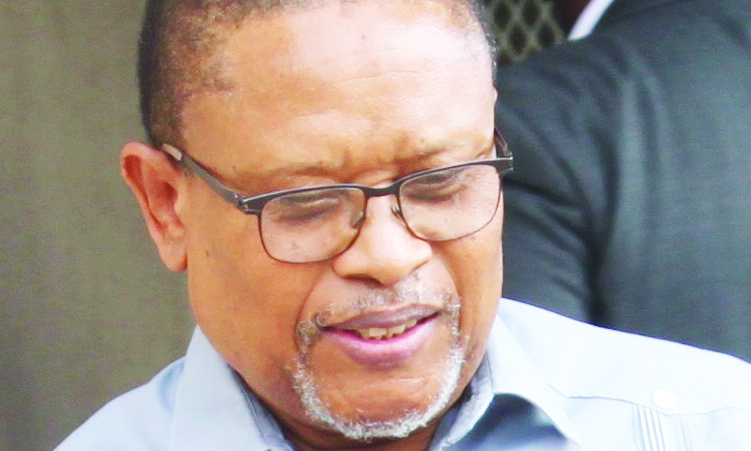Today, on Abisai Shejavali’s 90th birthday, we celebrate the life, work and faith of a man whose journey has been defined by the pursuit for truth, justice, freedom and dignity.
Born in 1934 in Angola, Shejavali’s journey into Namibia at the tender age of about three with his mother and older sister Theopolina Nakale was embarked upon amid the turbulent times of colonial rule.
His mother left Angola in a move to cement her Christian ideals and raise her two children in a Christian environment.
They were received in the home of the reverend Paulus Nailenge at Ongenga in northern Namibia.
Shejavali schooled at the Ongwediva Boys School, attended the Oniipa Teachers Training College in 1953 and taught for two years at the Onakayale Boys’ School.
Shejavali found his calling to be a pastor.
He studied at the Elim Theological Seminary and was ordained as a pastor in the Evangelical Lutheran Ovambo-Kavango Church (ELOC) in 1962.
He embarked on a career inspired by the teachings of liberation theology.

Spurred by his theology studies at the University of Helsinki, Finland, and Wartburg Theological Seminary and the St Thomas Aquinas Institute of Philosophy and Theology in the United States, where he completed his PhD in 1978, this concept eventually became the subject of his doctoral dissertation – ‘The Idea of God in Liberation Theology’.
His loving wife of 55 years, Selma Shejavali, has been in constant support of his work.
During the struggle for Namibia’s liberation, Shejavali played an important role in highlighting our nation’s plight to the world.
As a student in the United States, he raised awareness of the atrocities committed by the South African regime to galvanise international support.
As a teacher and principal at Paulinum Theological Seminary in Otjimbingwe, Shejavali used his position to introduce students to liberation theology and the critical role of the church in struggle politics.
As the general secretary of the Council of Churches in Namibia (CCN), he worked tirelessly to unite people across cultural, political and religious divides in the pursuit of a common goal: the realisation of a just and equitable society.
The Namibia National Students Organisation and Namibia Women’s Voice, both birthed by the CCN, are glowing examples of how the church worked to actively pursue the liberation of the Namibian people and, as part of that, to send students to study abroad.
Through their collaboration, Shejavali and his contemporaries forged lasting bonds of solidarity that proved invaluable in the long and arduous journey towards independence.
Indeed, fire bombings of the CCN headquarters in the 1980 were indicative of the apartheid forces’ recognition that a united church movement empowered by the people was a force to be reckoned with.
When the United Nations (UN) Resolution 435 finally came into force in 1989, the CCN, under Shejavali’s leadership, had the overall responsibility of implementing the Repatriation, Resettlement and Reconstruction (RRR) programme. As an important component of Resolution 435, the RRR programme called for Namibian refugees to return home in time to be able to participate in the transition process and vote in the nation’s first democratic elections.
Over 41 000 Namibians were able to return home with the support of the UN and other international organisations, such as the Lutheran World Federation.
When the chains of political oppression were broken with Namibia’s independence in 1990, Shejavali’s eyes remained cast on the socio-economic liberation of the Namibian people. He served Elcin in various capacities and worked with churches in the informal settlements to build dignified and resilient communities.

He played a pivotal role in establishing official Elcin congregations and bringing Christian-based counselling to these communities.
Shejavali has continued to challenge poverty, inequality and socio-economic and political injustices in Namibia, applying his Christian faith and commitment in his writing, teachings, sermons, and community engagements.
His journey exemplifies the intersection of faith and activism, where belief in a just and compassionate God, in Jesus Christ, has fuelled his commitment to social justice.
As we celebrate his 90th birthday, let us not only honour the man, but also the ideals for which he stands.
Let us celebrate his unwavering commitment to fighting for justice, his boundless compassion for the downtrodden and his unyielding belief in the power of the Holy Spirit.
Happy birthday, Abisai Shejavali – may your light continue to shine brightly in our lives!
Stay informed with The Namibian – your source for credible journalism. Get in-depth reporting and opinions for
only N$85 a month. Invest in journalism, invest in democracy –
Subscribe Now!






